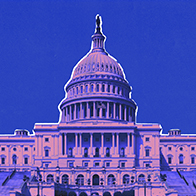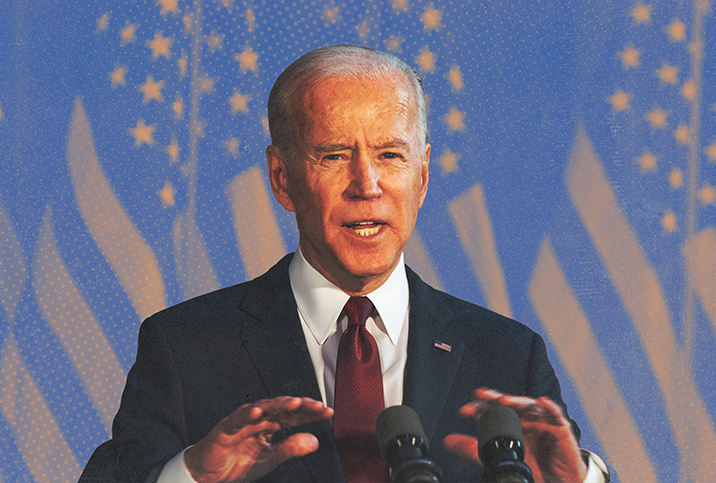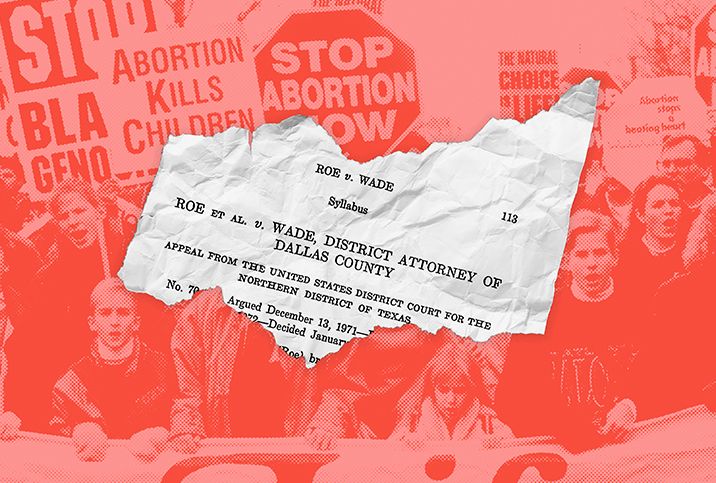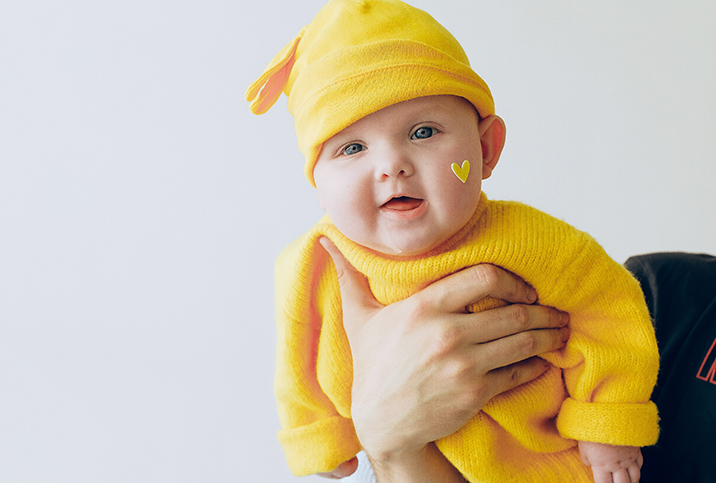Singles Are More Hesitant to Have Sex Post-Roe, Research Finds

In the wake of Roe v. Wade's reversal, single people in America are less eager to jump into bed.
That's according to the latest Singles in America survey, an annual study conducted by Match.com that polled over 5,000 single participants between the ages of 18 and 98 across the United States. In addition to delving into topics like preferred sexual positions and dating app activity, the researchers asked how singles felt their lives had changed post-Roe.
The overturning of the 49-year-old law guaranteeing the constitutional right to an abortion was momentous. Since the Supreme Court issued its reversal in the Dobbs v. Jackson Women's Health Organization ruling in June 2022, 13 states have banned most abortions, leaving more than 20 million women of reproductive age—around 1 in 3 U.S. women—without access to elective abortion.
Helen Fisher, Ph.D., a biological anthropologist in New York City and chief science advisor to Match.com, co-led the study and said her research team was especially interested in the impact of Roe v. Wade as a hot-button issue.
The findings
The survey highlighted how the effects of overturning Roe v. Wade are impacting interpersonal relationships, intimate and otherwise. According to the results, 2 out of 3 single women will not date a partner who has opposing views on abortion. Almost 1 in 5—or 17 percent—have lost friends due to opposing views on abortion.
Even more pronounced was the effect the Dobbs ruling made on singles' sex lives.
Seventy-eight percent of singles of reproductive age said Roe v. Wade has changed their sex life, said Fisher, who emphasized that people of reproductive age are "the important generation because those are the ones that are setting the trends for tomorrow."
The top three ways in which the decision changed people's sex lives include increased condom use, more sex hesitation and more fear of pregnancy, she said.
Importantly, 14 percent of singles said they were more hesitant to date. Fisher highlighted how detrimental this could be to the country financially.
"About a third of the American population is single; that's 9.8 million people. Active daters spend $117.4 billion [annually]. If [14] percent of [singles] say they're now hesitant to date, think about what that could do to the economy," Fisher said.
In addition, a whopping 20 percent of singles said the court decision makes them more hesitant to have sex. An aversion to sex can cost people a host of physical and mental health benefits, Fisher said.
"Sex is good for you," she stressed. "Stimulation of the genitals drives up the dopamine system in the brain and gives you focus and energy and motivation. When you orgasm, there's a flood of oxytocin that gives you a sense of calm and peace and connection.
"[Sex] gives you glowing skin," Fisher continued. "It boosts the immune system, it's good for heart rate and respiration and it promotes sleep, it elevates mood.
"When people are scared to [have sex], they're not only risking their ability to make a partnership, but they're risking their physical and mental health," Fisher said.
What's more, Fisher stressed, is that hesitancy to find a partner and have sex is at odds with a powerful primordial drive.
"For millions of years, a woman's primary job was to decide when she was going to bear young," Fisher said. "The drive to build your family how and when you want is a drive like thirst or the drive for food and shelter. It's simply not going to change."
Still, Fisher thinks some beneficial dating trends may potentially emerge in the post-Roe world. More and more singles are doing what Fisher calls "smart dating," or dating someone over a long period of time before jumping into sex, marriage or a breakup.
To illustrate the smart dating movement, Fisher rattled off some statistics: 36 percent of singles are willing to go out with somebody for quite a while before they have sex with them; 49 percent have fallen in love with someone they were not initially attracted to; and 74 percent want a partner who wants to get married.
"The bottom line is, [singles] are giving people a longer chance to get to know them," she said.
When was this trend born?
The smart dating trend started during the COVID-19 pandemic, Fisher said, and she anticipates the Roe v. Wade reversal will escalate it.
"I think singles are going to be more and more careful, more and more honest, more and more transparent with potential partners," she said. "I actually think we may be moving toward a period of relative family stability, because people are extending the dating process."
Carol Queen, Ph.D., a sexologist, author, activist and founding director of the Center for Sex and Culture in San Franciso, agreed that the loss of Roe may fuel positive social behaviors. Specifically, Queen is optimistic that abortion restrictions could light a fire under the demand for male birth control. She pointed to the buzz about "responsible ejaculation" and the uptick in vasectomies.
"I feel certain that abortion politics will be such that people trying to get male contraception right will have increased financial and social support," Queen said.
In addition, Queen hopes to see a revival of one insight that came from the HIV epidemic: "outercourse" is safer than intercourse.
"I very much hope that trend gets plenty of attention, because doing everything but penetration is also a stealthy way to close the orgasm gap," Queen said.
Of course, it's not all responsible ejaculation and orgasms in the post-Roe world. Queen is particularly worried about the economic strain that limited abortion care places on families.
"'Family values' without actual support for families—including single parents and any other configuration of folks trying to raise a child—is nothing but hypocrisy," Queen said.
"I think [Roe's overturning] will continue to fire up progressives and pro-choice people, continuing to feed political action, especially among the young," Queen said. "Whether or not they're having more or less sex, most will see what an enormous impact abortion access can have and this is going to guide some to activist and social-impact education paths."




















